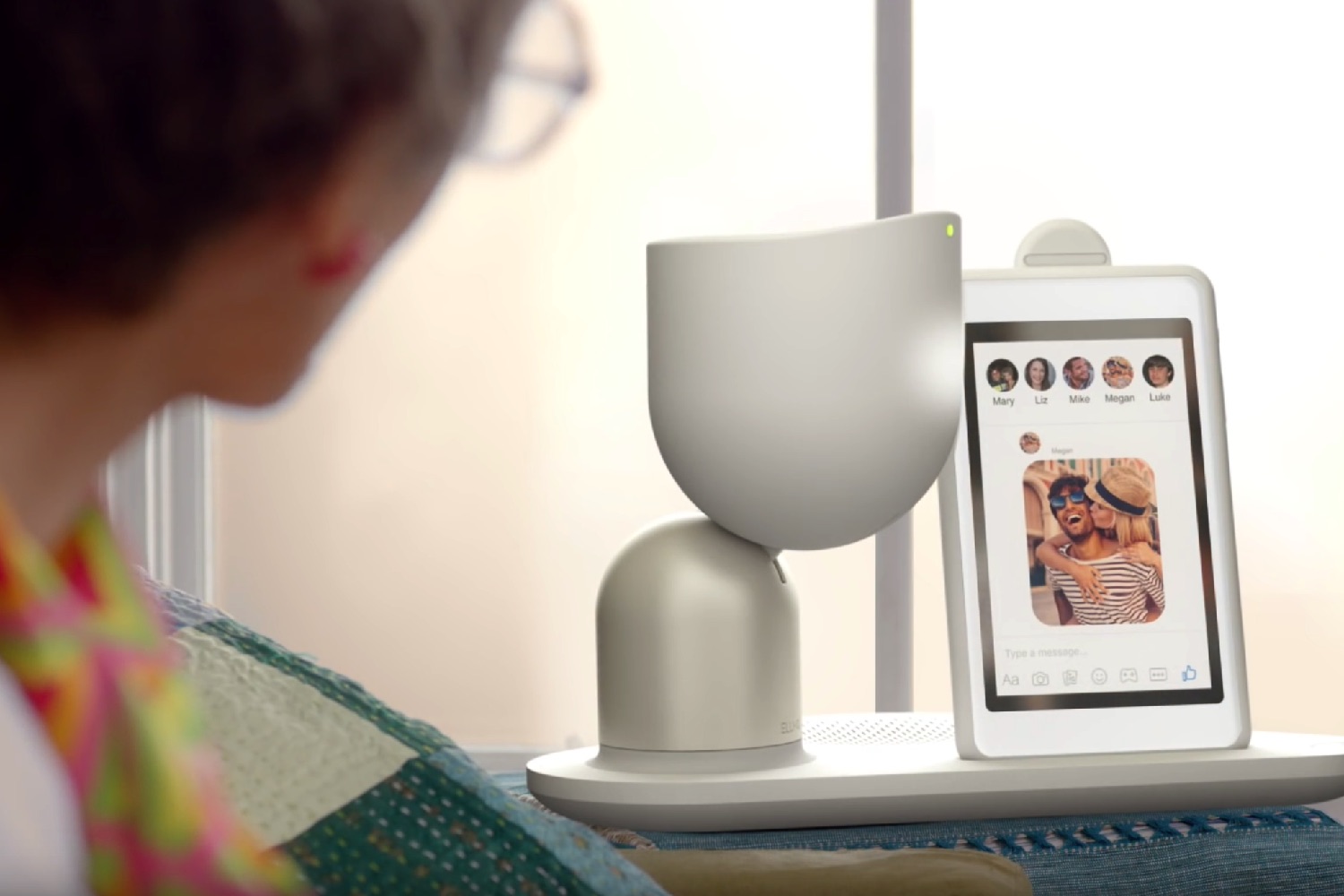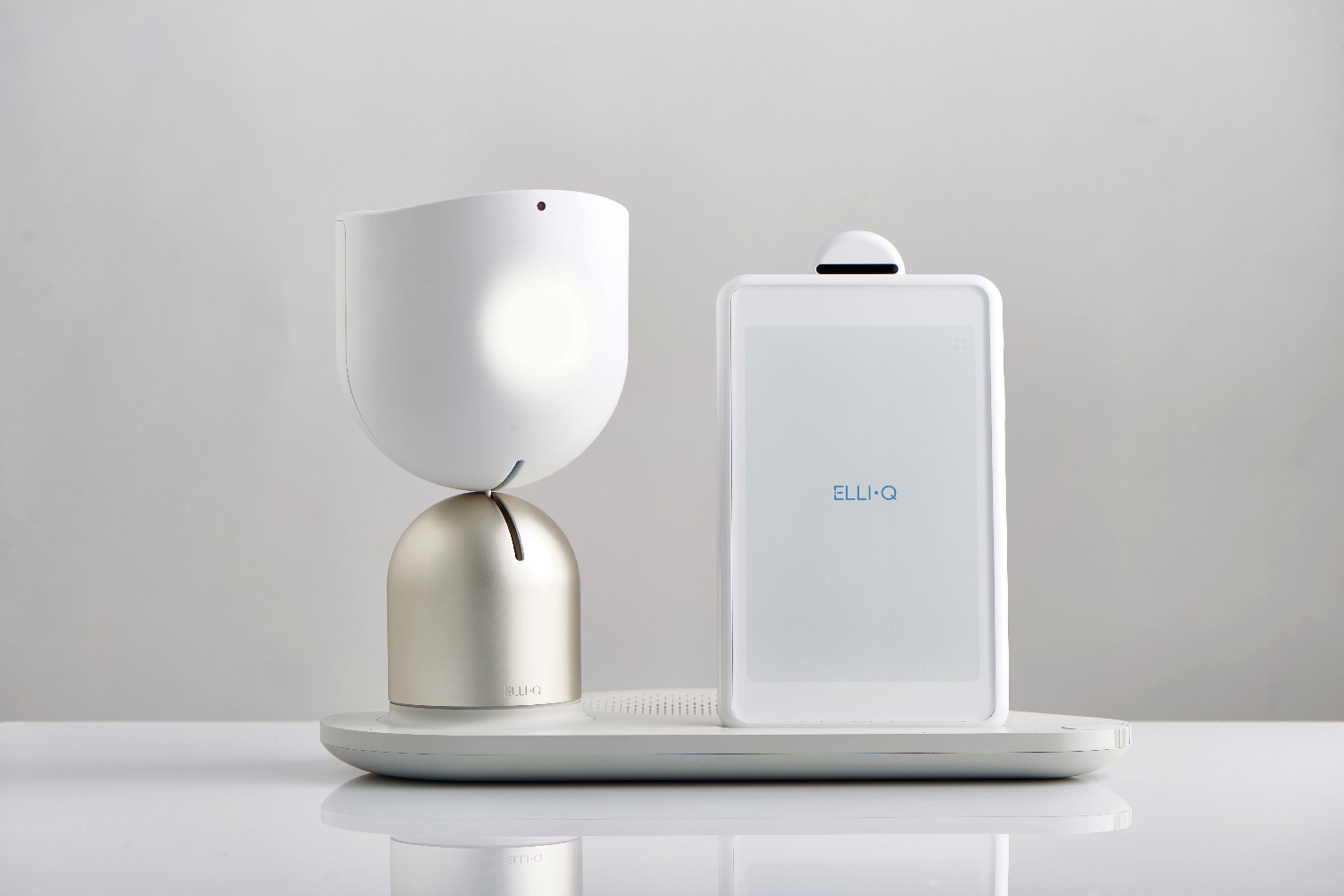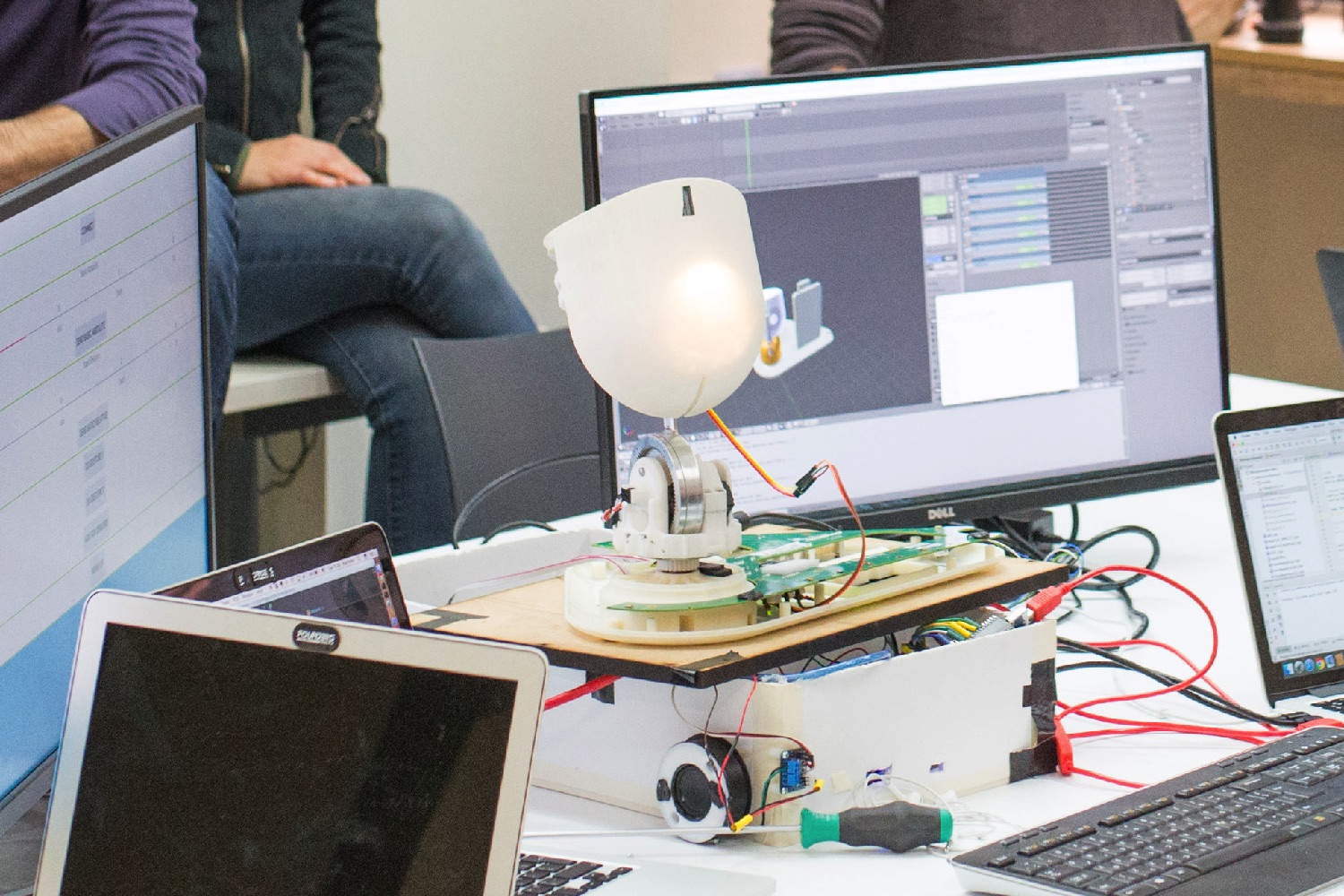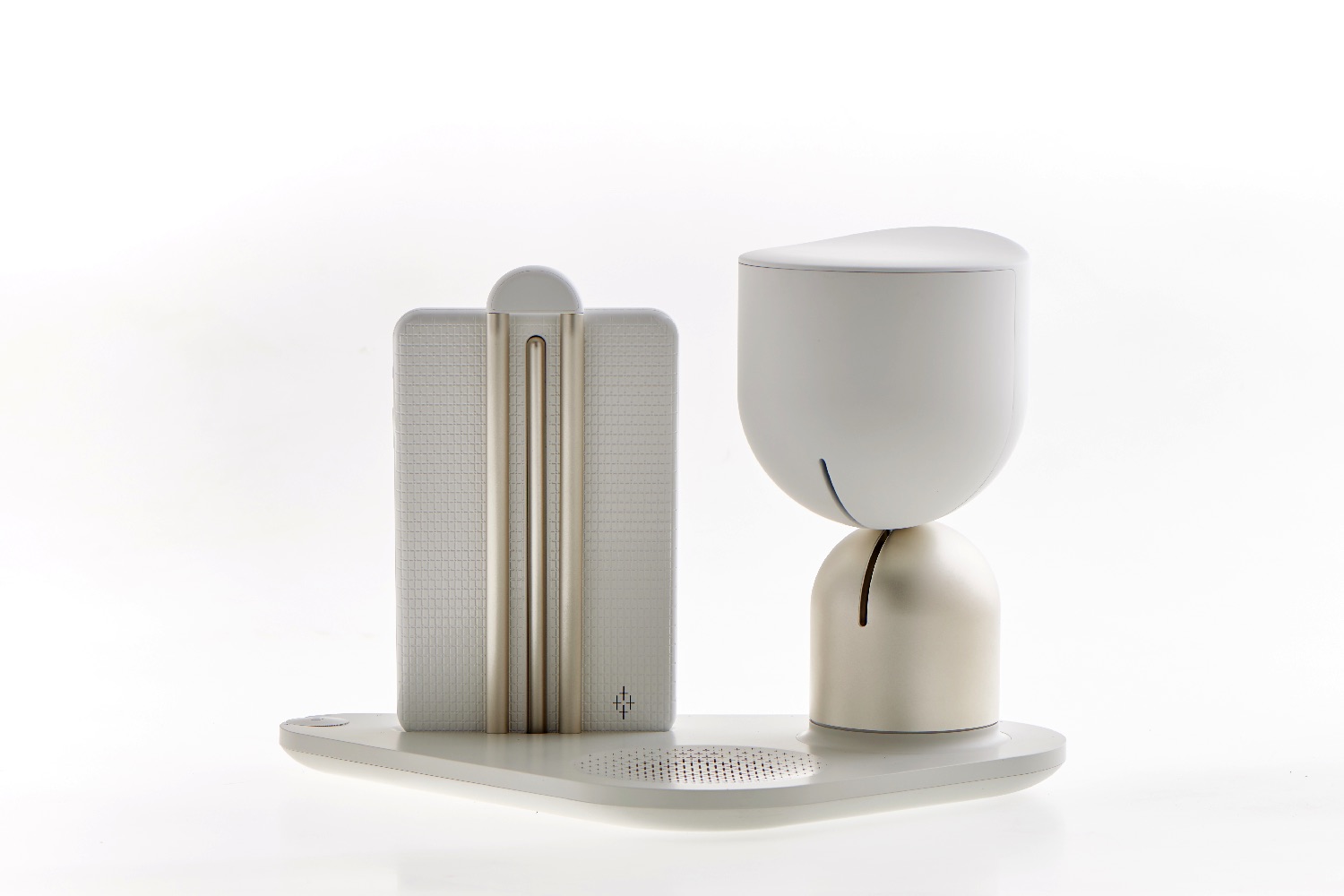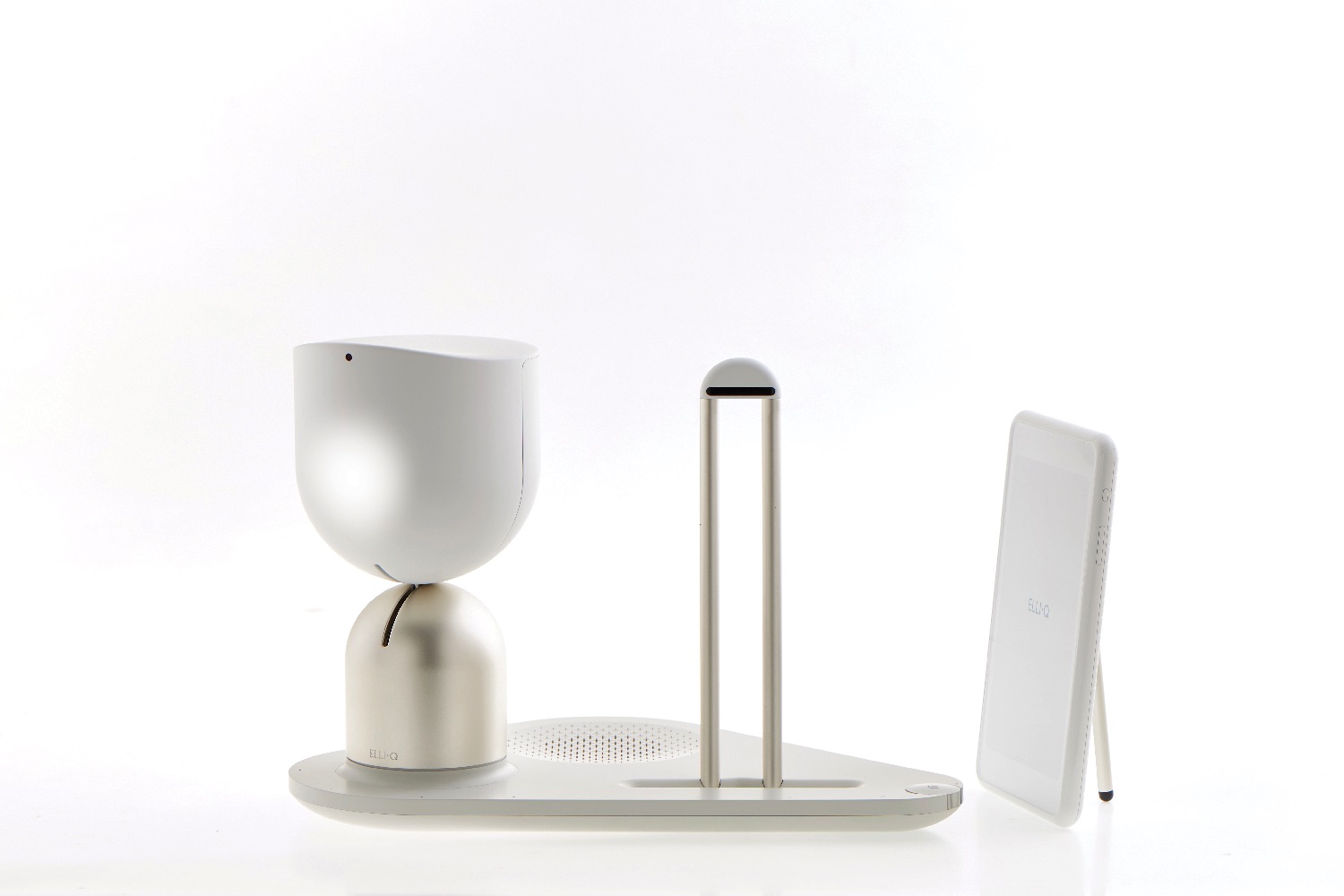But a startup thinks they can have just as profound an impact — if not greater — on the life of an elderly person.
Such a robot could help maintain their independence by reminding them to take medication and get some exercise, or recommending audiobooks and playing games to keep users mentally active. Enter Intuition Robotics and its ElliQ robot, which is designed to act a bit like a specially tailored Amazon Echo, but with more of a personality.
“These days, the ‘silver generation’ is quite independent and active, with the vast majority of older adults preferring to age in their own homes,” Dor Skuler, CEO and founder of Intuition Robotics, told Digital Trends. “At the same time, they are often isolated, considering that family members often live far away and many don’t see friends more than once or twice a week. Technology could be helping alleviate this but it often ends up being a barrier. Many older adults have a hard time using the technology that younger generations use for entertainment, education, and communication. The digital revolution makes it hard for people who aren’t tech savvy to do even simple things like listen to music because they need to know how to access digital music files.”
Physically, ElliQ looks a bit like the cute Luxo Jr. lamp mascot used by Pixar. It makes slight movements with its head to express itself and convey emotion, along with using a voice interface.
While you could write the movement part off as gimmicky, it’s important for a device that’s designed to be easily understood and which is also, in the words of Skuler, meant to act as a “social companion.”
Technology like this is always going to be challenging because it immediately suggests that it is an alternative to human interaction.
However, that doesn’t have to be the case and the presence of a robot which acknowledges someone’s presence in a room — in a world where nearly half of all people aged 75 and over live alone and a large number describe themselves as lonely — can carry out an important role.
The next step of the project will involve a trial phase in the homes of senior citizens in San Francisco in February.
